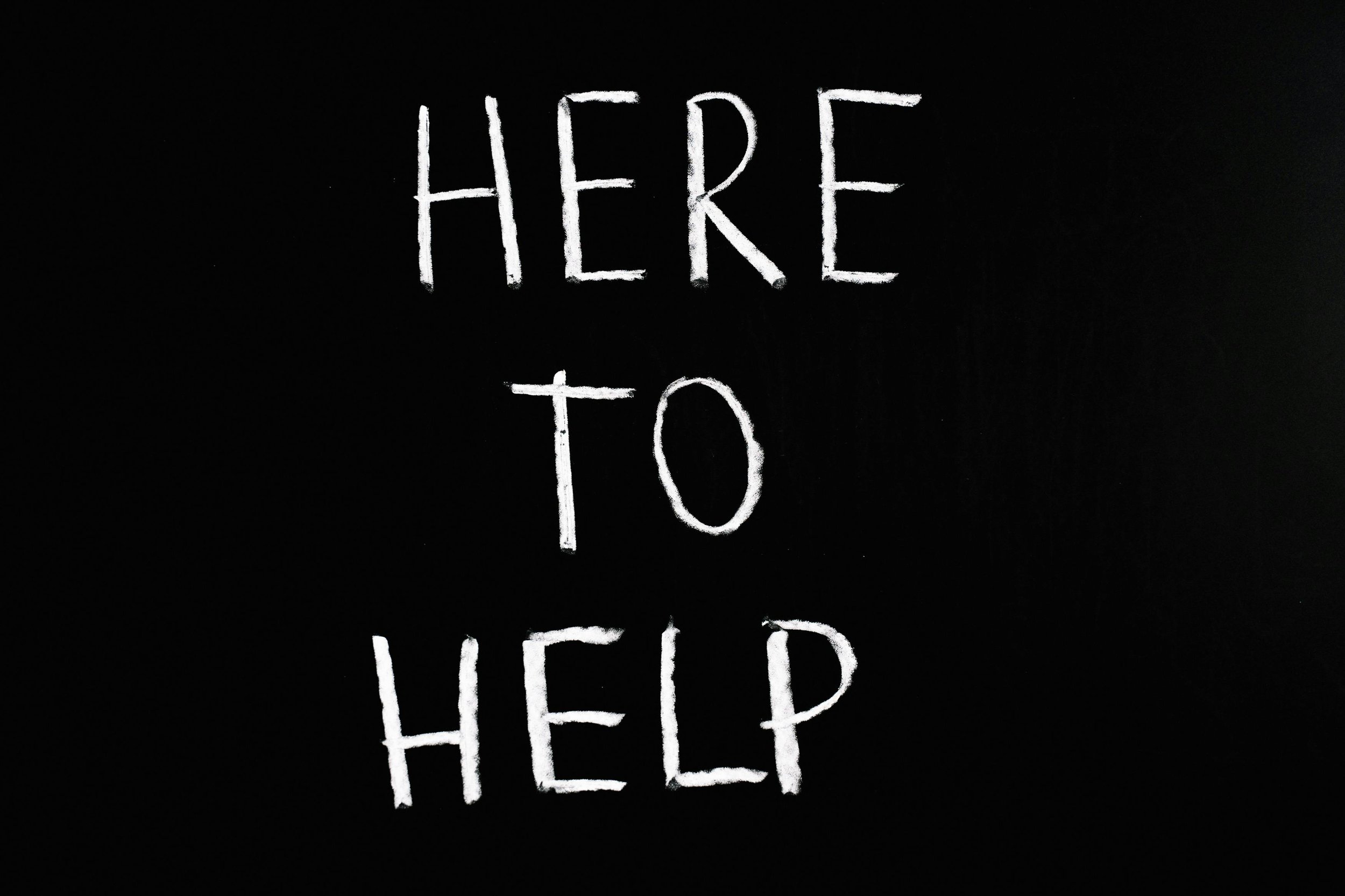Housing First Isn't Enough—It Takes Us to End Homelessness
Housing First Isn't Enough—It Takes Us to End Homelessness
by Paul Asplund | 29 March 2024
The concept of "Housing First" has been a guiding principle in the fight against homelessness for decades. It's a simple idea: provide permanent housing as quickly as possible, and then offer supportive services as needed. While this approach has proven effective in many contexts, the homelessness crisis in Los Angeles has revealed a troubling reality: Housing First isn't enough, especially when there's no housing available.
With over 70,000 Angelenos homeless on any given night and a severe shortage of affordable housing, the promise of Housing First rings hollow. Housing is crucial, but what do we do when that foundation is missing?
This is where a community-driven approach comes in. Grassroots organizations across LA are demonstrating the power of local action, providing comprehensive support to people experiencing homelessness, even in the absence of permanent housing. They're rebuilding connections, restoring a sense of belonging, and advocating for systemic change
At the heart of these efforts is a recognition that homelessness is not just a lack of housing, but a disconnection from community. Rebuilding those connections is just as important as providing shelter.
Community dinners, resource events, and programs that engage the unhoused as active contributors rather than just recipients of aid – these are all ways in which community-driven organizations are weaving the unhoused back into the fabric of the community.
But while these efforts are vital, they're not a substitute for the large-scale solutions we need. That's why these grassroots groups are also advocating for more affordable housing, better mental health services, and policies that address the root causes of homelessness.
Ending homelessness is not the job of any one sector or organization. It requires all of us – service providers, government agencies, businesses, faith communities, and residents – working together.
It requires us to see the unhoused not as a problem to be solved, but as neighbors to be welcomed.
This is the essence of the community-driven approach. It's about recognizing that we all have a role to play, that we all have something to contribute. For businesses, it might mean providing job opportunities. For faith communities, it might mean offering space for shelter. For residents, it might mean volunteering time or simply extending a hand of friendship to an unhoused neighbor.
The beauty of this approach is that it doesn't require any one of us to do everything, but it requires all of us to do something.
It's an approach rooted in empathy and shared humanity. It recognizes that homelessness is a "we" challenge, a community issue that impacts us all. When our neighbors suffer, our whole community suffers. When our neighbors thrive, our whole community thrives.
The organizations leading this charge in Los Angeles are showing us what's possible when we embrace this perspective. They're demonstrating the power of community to provide hope, healing, and a path forward, even in the most challenging circumstances.
Their example is a call to action for us all. It's a reminder that ending homelessness is not someone else's responsibility – it's ours.
SecondGrace.LA was created to support and amplify these community-driven efforts. By breaking down silos and bringing better services to the streets, we can unite our community in the fight to end homelessness.
Let’s end homelessness together, now and for good. Join the movement. http://secondgrace.la
#EndHomelessness #EndHomelessnessNow #LetsEndHomelessness #HomelessnessNoMore #HelpEndHomelessness #NoMoreHomelessness #HousingForAll #EndPoverty #FightHomelessness #HousingJustice

